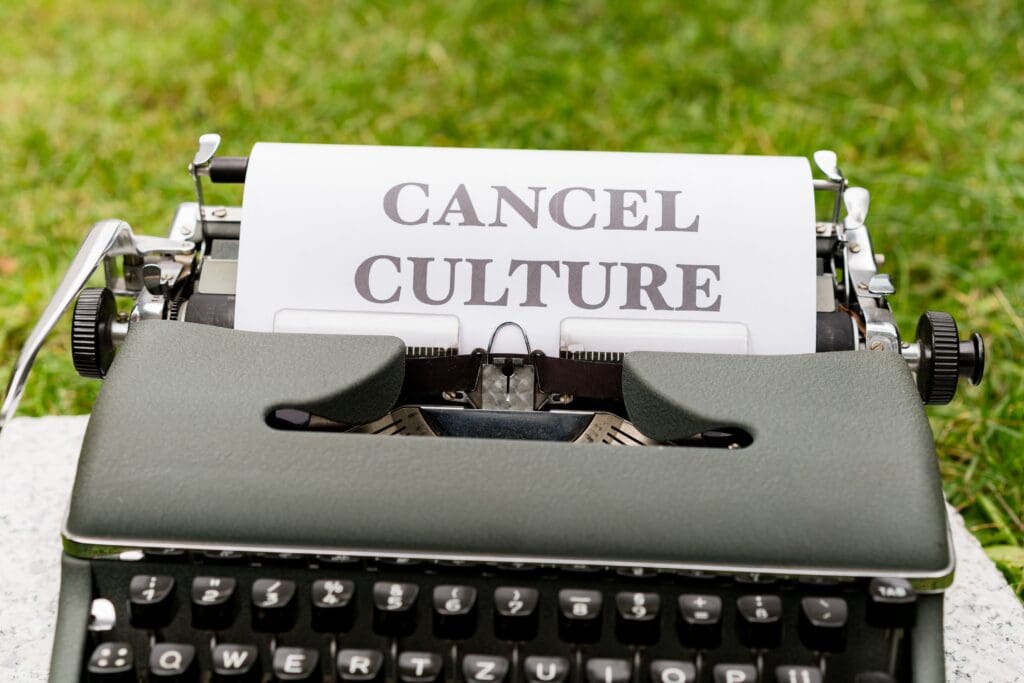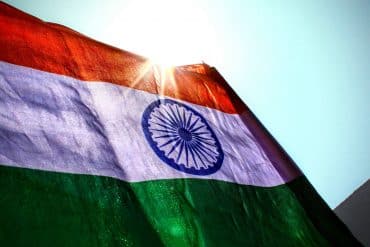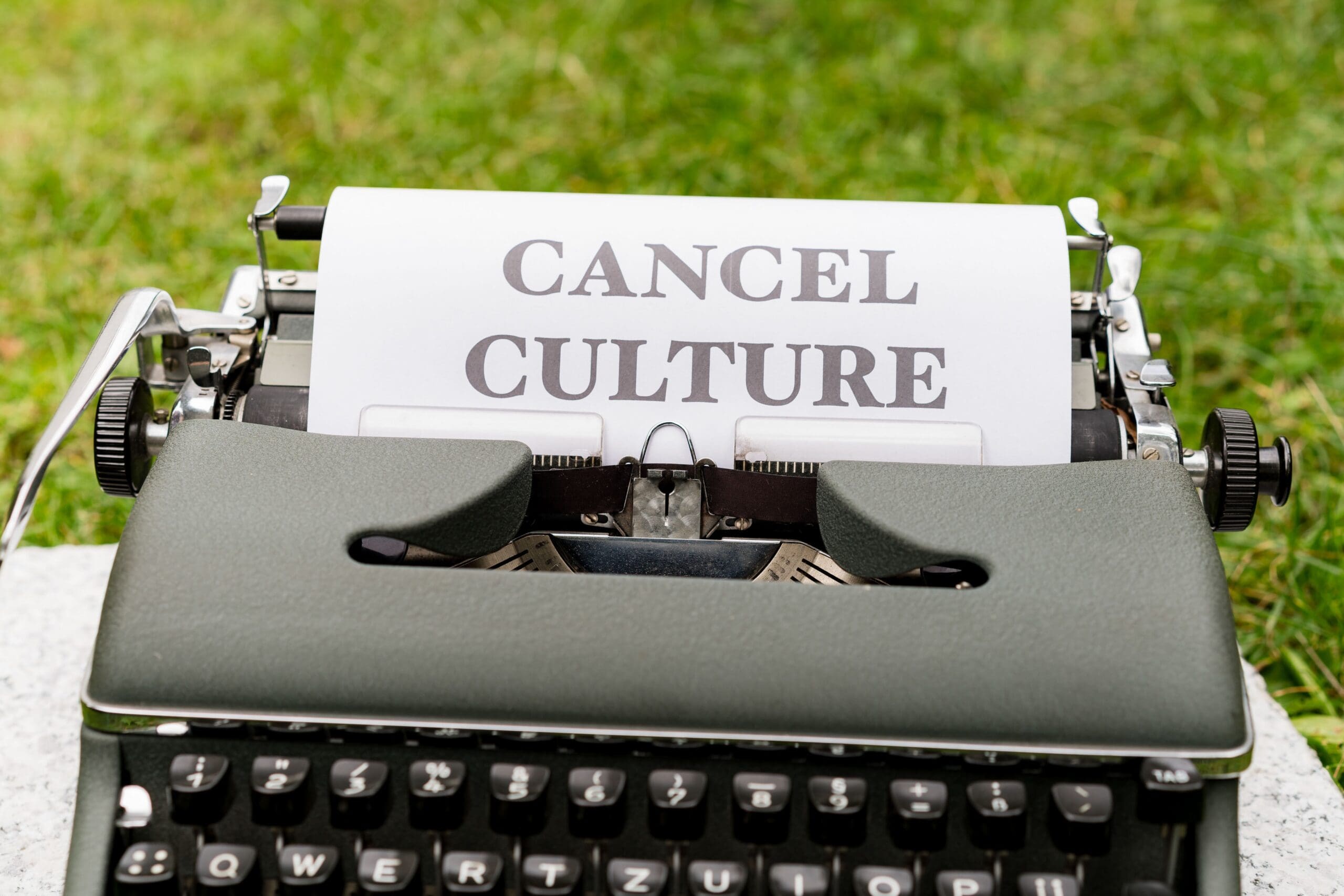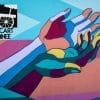Answering the Call of Conscience in Call Out Culture
Author’s Memo
Answering the Call of Conscience in Call Out Culture” continues my accounting of, and critical reflection on, the ethical and political dimensions of having been falsely accused of sexual assault online. Two prior essays, “Autoethnography of the Bad Thing” (https://online.ucpress.edu/joae/article-abstract/2/3/279/117659/Autoethnography-of-The-Bad-Thing) [The Journal of Autoethnography (2021) 2(3)] and A Quest for Social Justice: Notes on an Encounter (https://theautoethnographer.com/evocative-expression-i-cant-promise-i-wont-yell-notes-for-an-encounter/) focus on the immediate effects of the event. This piece, by
reflecting on the Puerto Rico-based activist group “Yo te Creo,” offers a critical consideration of the ethical trappings of call outs, and makes its own call for a more responsible engagement with those involved.

Answering the Call of Conscience in Call Out Culture
In April 2021 a new community group based in Puerto Rico called “Yo te creo” (I believe you) posted close to one hundred names on Facebook and Instagram. The names on the list, according to the header, belonged to individuals—mostly cis-men—who had been anonymously accused, through direct message to group administrators, of a wide array of sexual misconduct, including rape, sexual coercion, and pedophilia, among others. Each Friday—during a span of about five months— a new list would appear. At the beginning, many names belonged to well-known figures in artistic, literary, academic, and progressive political sectors.
Administrators never disclosed the specifics of each individual allegation, nor did they refer any of the accused to police or any other government agency, nor did they offer any direct services to victims, other than to say that they stood in solidarity with them. Those named— particularly those well known in their respective craft or profession— were duly hounded on social media, called on to confess, apologize, turn themselves over to police, resign, retire and/or die, in no particular order. Some men did in fact apologize in lengthy Facebook posts, though most denied the allegations, and/or threatened to sue for libel and defamation. Nobody, that I know of, turned themselves in to police. At least one person died.
‘In April 2021 close to one hundred names were posted on Facebook and Instagram by a new community group based in Puerto Rico called “Yo te creo” (I believe you).
Seven months after their initial publication, in an investigative article penned by Andrea González Ramírez for The Cut, the group’s administrators shared the rationale behind their actions: “We choose to believe people who come to us because statistics and our own experiences confirm that the probability these stories are true is extremely high.” González Ramírez does well situating the compilation and publication of these weekly lists as an “ethically and politically fraught” form of feminist activism in a social and political context where violence against women is rampant. She writes:
Believing all victims is the beating heart of the project; this is not a space for questions about due process…Theirs is a black-and-white world, but the platform itself floats in a sea of gray. Some big questions remain unanswered: Do the sources fully understand the risks of outing their abusers online? Should creepy men be lumped in with violent predators? Can organizers prevent the platform from being misused by bad actors?
The list, predictably, sparked heated debate amongst the same progressive political circles where abusers were supposedly free to roam. Group administrators defended their actions by referencing a well-known and proven fact: violence against women in Puerto Rico is widespread, underreported and poorly attended to by the police and justice system. The group’s call was straightforward: We, the public, were to trust them in the way we knew we couldn’t trust police or the justice system. The List, in the mind of its creators, and in my mind as well, was providing an innovative grassroots alternative to attend to sexual violence on the island. I should point out though, that group administrators admitted to not having any sort of protocol in place for soliciting and/or reviewing allegations. They simply published whatever name given to them by whoever offered it.
‘Believing all victims is the beating heart of the project; this is not a space for questions about due process…
*
On August 31 2021, José Morales—a well-known and respected local entrepreneur and music promoter— hung himself. He was 52 years old. His name had appeared on the very first list back in April, but at the time of his death he had been facing mounting pressure, as calls for him to sever ties with the business he founded had gone viral on social media. Yo te creo shared a former employee’s written allegation accusing Morales of calling them into his office and masturbating in front of them. Group administrators then spearheaded a social media campaign against Morales. Though he denied the allegations, he stepped down from his post. This notwithstanding, the online harassment continued. After his death, according to the reports, his daughter was receiving online threats. The Yo te creo group distanced themselves from the event, claiming that a call out couldn’t kill anyone.
*
Five days prior to his death, José called me asking for help. I took his call, but I was cautious. Which is to say I felt myself holding back when offering him comfort, support. The reason was simple: My name also appeared on that very first list.
‘On August 31 2021, José Morales—a well-known and respected local entrepreneur and music promoter— hung himself.
In March 2019, a former student posted a video to her Facebook account in which she accused me of sexually assaulting her in January 2014, some eight months before I first met the student when she enrolled in the first and only class she took with me. The video went viral and although the University Title IX investigation not only showed her claims to be false, but directly pointed at the possible political motivations behind the allegations made against me, the harm was there. I’ve written about this experience at length in the articles “Autoethnography of the Bad Thing” (published in the Journal of Autoethnography) and “A Quest for Social Justice: Notes for an encounter” (published here in The Autoethnographer) so I won’t detail them in this essay but suffice to say I recognized the desperation in José’s voice on the other end of the phone.
*
José and I weren’t friends per se, but we had known each other for close to twenty years. By April 2021, when both our names appeared on the inaugural list, I had gotten used to seeing him on an everyday basis, outside of our children’s school. It was an encounter that took getting used to, as he would shout my full name with glee upon seeing me. Considering that in the aftermath of the allegations made against me I had been subjected to plenty on the street harassment, I would flinch every time José said my name out loud, worried that he was drawing undue attention on me and my boy.

‘To be honest, it wasn’t only a question of safety: I had grown wary of my name and of the sound of my voice and of my body occupying shared space.
To be honest, it wasn’t only a question of safety: I had grown wary of my name and of the sound of my voice and of my body occupying shared space. With time, however as I grew used to the sound of my name called out like lovingly, in the street, by another, I grew to love my name once again. This is something José gave me. And for which I am grateful.
I wasn’t thinking of this when he called: I was thinking I should keep some distance in case there was any truth to the allegations against him. I didn’t want any association with a suspected abuser to further sully my name. And so, I took his call and gave him all the best advice I had, sharing the small daily habits that had kept me up. And when he wrote back asking for the name of a therapist, I shared her contact information. But I didn’t call or write to check on him, nor did I offer any other form of help or company or support. Five days after the initial call, he took his life.
*
One of the main critiques made against autoethnography as a research practice is that it sacrifices critical thinking and theoretical insight for therapeutic writing. The question then, as it pertains to this piece of writing, is can I grieve here—and work through my regret at my lack of action on behalf of my friend— and still have something to offer readers in the way of keen social analysis?
‘…“what is the status of a philosophy, or rather a thinking, that doesn’t permit one to distinguish between the call of conscience and the call of the Storm Trooper?” (21).
Ultimately, what I want to explore are the ethics of José’s telephone call to me. Avital Ronell, in the essay “Delay Call Forwarding” and apropos Heidegger’s dalliance with German National Socialism, asks “what is the status of a philosophy, or rather a thinking, that doesn’t permit one to distinguish between the call of conscience and the call of the Storm Trooper?” (21). Her question, in my reading, invites us to reflect on how thinking—what things we choose to pay attention to and what things we choose not to pay attention to— always implies picking sides. In opting not to respond to José’s call to the extent that I knew myself capable of—to the extent that I normally would have—I was in effect choosing the side of those hounding him on- and off-line. In Ronell’s terms, I was answering the call of the Storm Trooper.
The call of conscience, in contrast, was not José’s voice on the phone, per se, but the situation that provoked it: another person was going through the sort of ordeal of which I had direct knowledge and therefore I was in a unique position to help him. Whatever was going on with him concerned me regardless of whether the allegations against him were true. It’s not that I owed José for the kindness he showed me in lovingly calling me every morning by my name at a time when my name was synonymous with rapist. It is, after all, quite possible that he wasn’t at all conscious of what he was doing. Rather, it’s that in recognition of how what sustains us can arrive in unforeseen ways, one must not let an occasion—once recognized— go to waste.
‘He is dead because suicide is the one available path that a person may take when put in an untenable position.
One must not leave others at the mercy of whatever measure of kindness may or may not be offered to them after our paths have crossed. Thus, if there was a risk in my committing to being present and available to him, it was a risk I had to assume.
*
To be clear: List administrators are on point in their analysis of the larger social-political context in which gender violence, sexual harassment and assault take place in Puerto Rico. They are right in that concerned citizens cannot blindly trust authorities. And they are, in the end, also right in their assertion that they are not responsible for José taking his own life. But, insofar as they did publish his name under the banner of rapists, harassers and child molesters, and insomuch as they called for a boycott of his business and insomuch as even after he stepped down in the middle of the outcry, they continued to harass him and his family, José made a decision that we—given the totality of the circumstances—cannot reasonably term as unexpected or unforced.
‘This is part of what is often missing in discussions about the political efficacy and potential for justice of call out culture.
It is true that my friend is not dead today because his name appeared on a list. He is dead because suicide is the one available path that a person may take when put in an untenable position. It is not the only path. Nor is it, by any means, the best. But it is the only one that will for sure appear in one’s mind when facing such circumstances. The other, better ones that can open, usually appear by virtue of our living with others: somebody calls you lovingly by your name; somebody answers a phone call and chooses to give you the best of what they have to offer, even if they are unsure if they should, even if it would come at great cost to them.
This is part of what is often missing in discussions about the political efficacy and potential for justice of call out culture. It’s an all too punitive strategy not so much because it looks to publicly shame and bring about some type of professional or personal consequence to perceived offenders. It is all too punitive because it keeps known and unknown others from fulfilling their ethical duty to those who have been called out: it keeps them from reaching out to them, from following their instinct and/or desire when called on for help. The offender gets called out, everybody around him gets called back, reduced to onlookers, curious to see what path the alleged abuser takes. And then everybody can act as if whatever happened to him had nothing to do with them.
‘I want this essay to say that if I can show my face and say my name in public, free of shame, it is thanks to him. Gracias, querido José.
I want this short essay to say that group administrators had everything to do with José’s death. I want to say that my hesitance to help him also had everything to do with his death. More importantly, I want this essay to say today that José’s death was a tragedy, regardless of whether the allegations against him were true. I want this essay to say that if I can show my face and say my name in public, free of shame, it is thanks to him. Gracias, querido José.
References
González-Ramírez, Andrea (2021). “Puerto Rico’s Loudest Whisper Network.” The Cut. https://www.thecut.com/2021/11/yo-te-creo-instagram-puerto-rico-me-too.html
Ronell, Avital (2008). The Uber Reader: Selected Works of Avital Ronell. University of Illinois Press.
Credits
Featured Image For istockphoto by wildpixel
Photo of crumpled pages from a book by Michael Dziedzic for Unsplash
A typewriter for Pexels by Markus Winkler
Learn More
New to autoethnography? Visit What Is Autoethnography? How Can I Learn More? to learn about autoethnographic writing and expressive arts. Interested in contributing? Then, view our editorial board’s What Do Editors Look for When Reviewing Evocative Autoethnographic Work?. Accordingly, check out our Submissions page. View Our Team in order to learn about our editorial board. Please see our Work with Us page to learn about volunteering at The AutoEthnographer. Visit Scholarships to learn about our annual student scholarship competition.
Guillermo Rebollo Gil (San Juan, 1979) is a writer, sociologist, translator, and attorney. He is the author of Writing Puerto Rico: Our Decolonial Moment (2018) and Whiteness in Puerto Rico: Translation at a Loss (2023). Es el papá de Lucas Imar y Elián Iré.
















